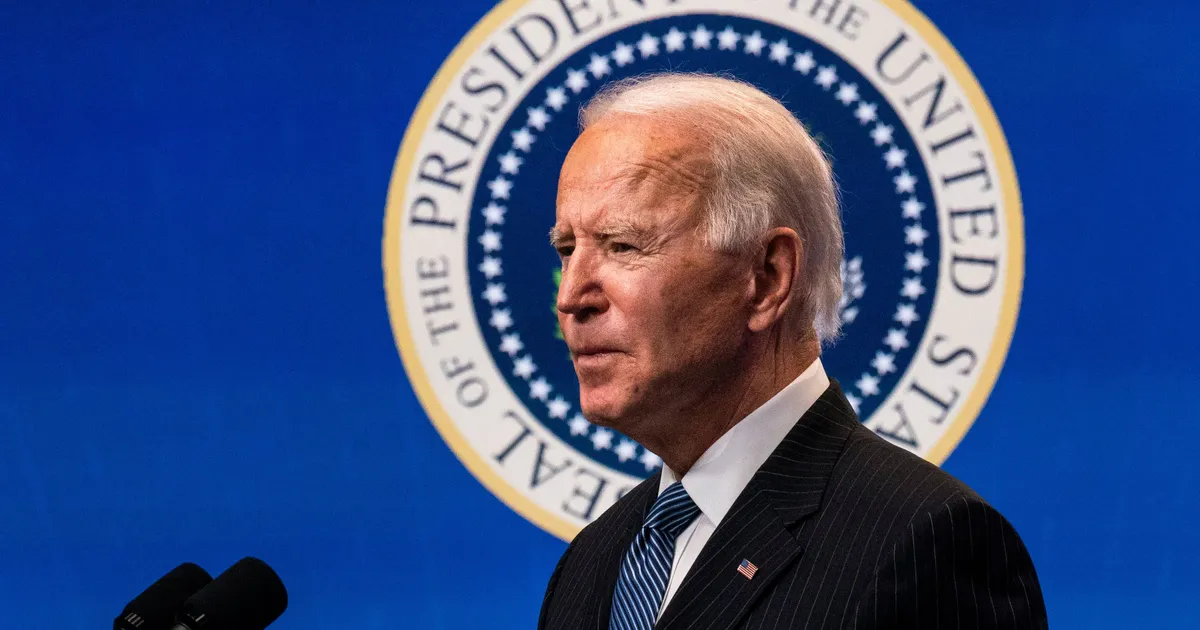Joe Biden’s recent decision to grant clemency to 37 out of 40 federal death row inmates has clarified his position on the death penalty. His actions reveal a deep opposition to capital punishment, as he halted federal executions. However, Biden’s decision to leave out three notorious criminals—Dylann Roof, Dzhokhar Tsarnaev, and Robert Bowers—demonstrates the limitations of his stance on abolition. These three individuals, known for their involvement in horrific crimes, are a significant exception to his broader commitment to ending the death penalty.
Biden’s statement emphasized his conviction that the death penalty should be stopped at the federal level, and he expressed his refusal to allow future administrations to resume executions that he had halted. However, his decision to not grant clemency to Roof, Tsarnaev, and Bowers undermines his broader efforts to abolish the death penalty. While Biden’s actions prevent the resumption of executions for most death row inmates, leaving these high-profile cases untouched allows the possibility for future administrations to continue capital punishment.
It is important to acknowledge that sparing the life of someone convicted of a heinous crime is never an easy decision for a political leader. Over the past 25 years, clemency has been granted to only a few federal death row inmates, reflecting the difficulty of such decisions. For example, Presidents Bill Clinton and Barack Obama granted clemency in specific cases, such as those involving wrongful convictions or mitigating circumstances, demonstrating the rare and exceptional nature of such actions.

Biden’s commutation of sentences for 37 death row inmates is a significant milestone, earning praise from leading abolitionists. Anthony Romero, executive director of the ACLU, and Bryan Stevenson, founder of the Equal Justice Initiative, both lauded the president for his historic and courageous actions. However, both remained silent about the three individuals left off the clemency list, likely due to the political sensitivity surrounding these cases, where granting clemency could spark intense public backlash.
Despite the praise for Biden’s actions, the exclusion of Roof, Tsarnaev, and Bowers raises a critical question: Can one truly oppose state-sponsored killing while making exceptions for individuals labeled “the worst of the worst”? Biden’s stance suggests that he may not view capital punishment as universally wrong, despite his broader opposition. His decision to leave out these notorious figures reveals an underlying tension between his political ambitions and his moral position on the death penalty.
Biden’s Catholic faith further complicates his position. Pope Francis has consistently opposed the death penalty, emphasizing its incompatibility with Christian values, such as forgiveness and rehabilitation. The Pope’s call for clemency for those on death row, without exceptions, should have been a guiding principle for Biden.
Ultimately, by making exceptions for certain individuals, Biden missed an opportunity to take a more definitive stand against the death penalty, leaving his commitment to abolition incomplete. Opponents of capital punishment must continue to advocate for full abolition, including for those who have committed the most horrific crimes.


